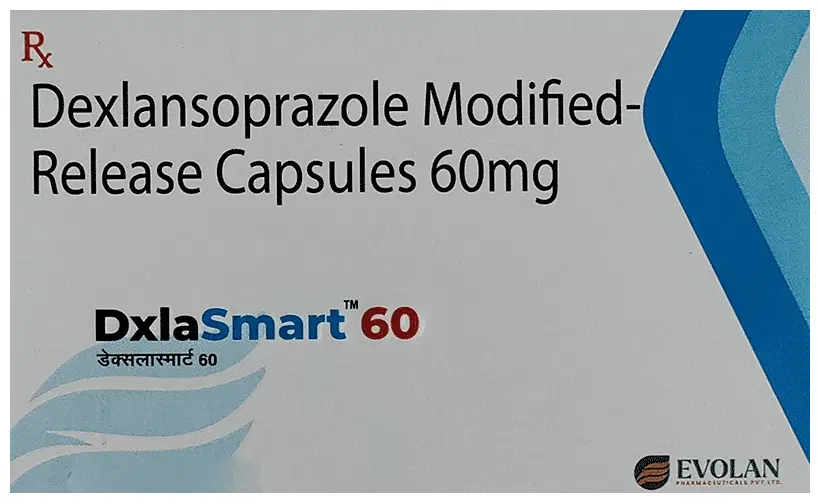Syndromic vaginal discharge
Syndromic vaginal discharge refers to unusual vaginal discharge that is often accompanied by other symptoms, such as itching, burning, or odor. This category includes a range of treatments for various causes of abnormal vaginal discharge, including infections and hormonal imbalances. The most common medications in this category target infections caused by bacteria, yeast, or parasites.
Bacterial Vaginosis (BV): BV is characterized by an imbalance of the normal bacterial flora in the vagina. Common medications for BV include antibiotics such as Metronidazole (Flagyl) and Clindamycin (Cleocin).
Yeast Infections: Yeast infections are caused by an overgrowth of the fungus Candida. Typical medications for yeast infections include antifungal agents like Fluconazole (Diflucan) and Clotrimazole (Gyne-Lotrimin).
Trichomoniasis: Trichomoniasis is a parasitic infection caused by the protozoan Trichomonas vaginalis. It is typically treated with antibiotics such as Metronidazole (Flagyl) and Tinidazole (Tindamax).
Vulvovaginal Candidiasis: Vulvovaginal candidiasis, or vaginal yeast infection, is a common condition caused by the overgrowth of Candida fungi. Treatment options include antifungal creams like Miconazole (Monistat) and Clotrimazole (Gyne-Lotrimin), as well as oral medications like Fluconazole (Diflucan).
Non-Infectious Vaginal Discharge: Non-infectious discharge can be caused by hormonal changes during menstrual cycles or pregnancy. Treatment options may include over-the-counter vaginal suppositories or creams designed to soothe and lubricate the vaginal area.
When using these medications, follow the prescribed instructions and complete the full course of treatment to ensure the infection is fully eradicated. If symptoms persist or worsen, consult a healthcare professional for further evaluation and guidance.

Showing 1–12 of 239 results
-

Clindamycin, Clotrimazole (97)
-

Clindamycin, Clotrimazole, Tinidazole (24)
-

Clindamycin, Clotrimazole, Tinidazole, Lactobacillus Sporogenes (3)
-

Clindamycin, Metronidazole, Clotrimazole (10)
-

Clindamycin, Metronidazole, Clotrimazole, Lactobacillus Sporogenes (3)
-

Clindamycin, Miconazole (5)
-

Clindamycin, Niacinamide (2)
-

Clotrimazole, Lactobacillus, Tinidazole (11)
-

Fluconazole, Azithromycin, Secnidazole (81)
-

Secnidazole, Fluconazole, Azithromycin, Lactobacillus (1)
-

Tinidazole, Clotrimazole (2)
Showing 1–12 of 239 results













